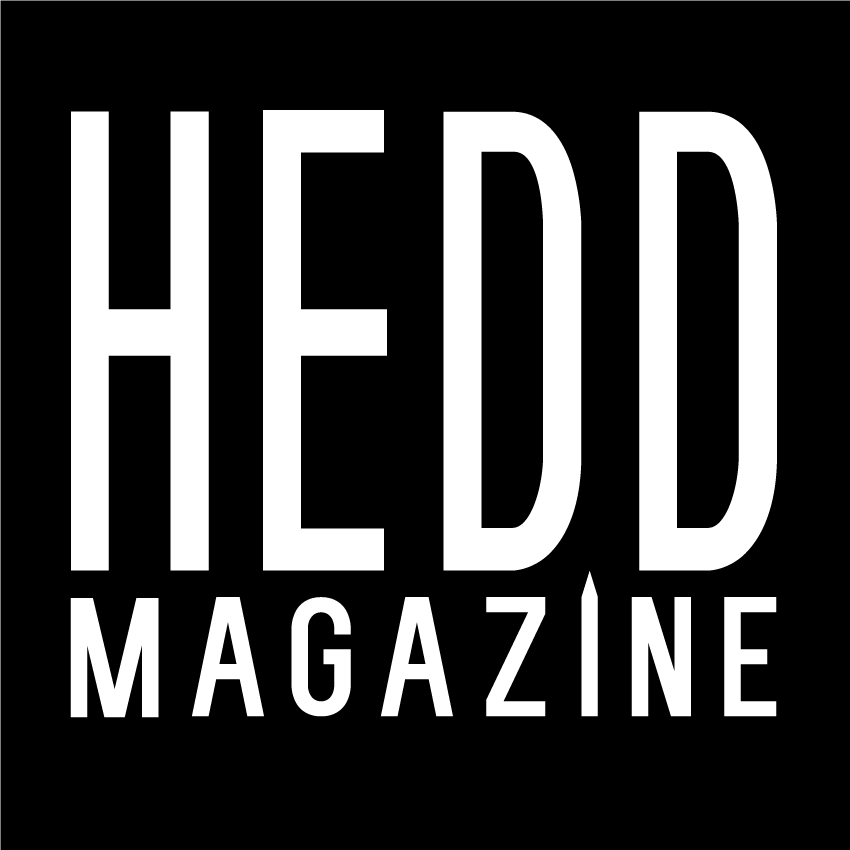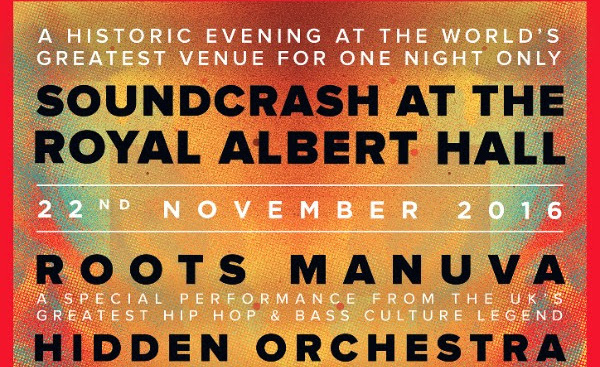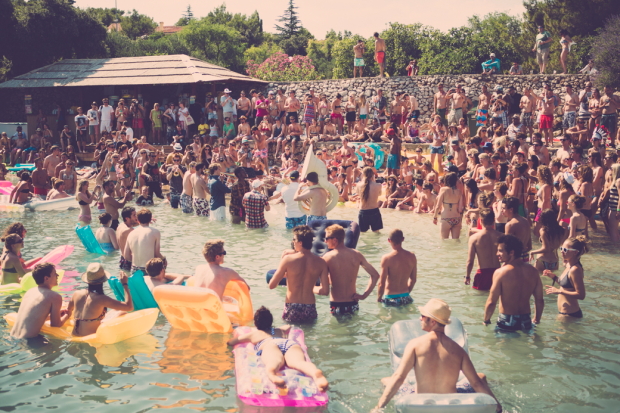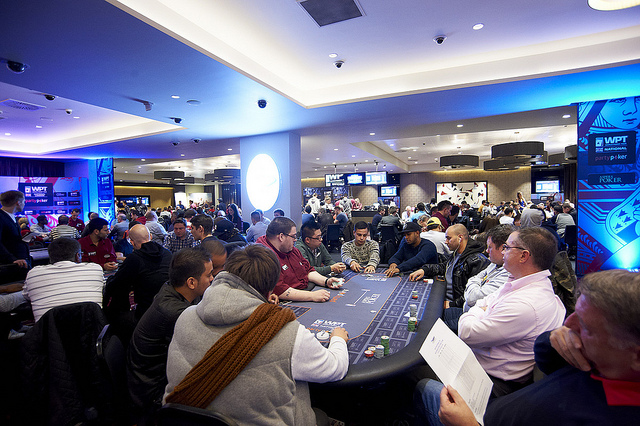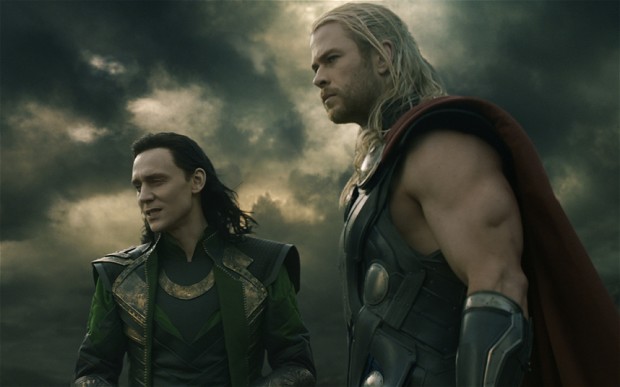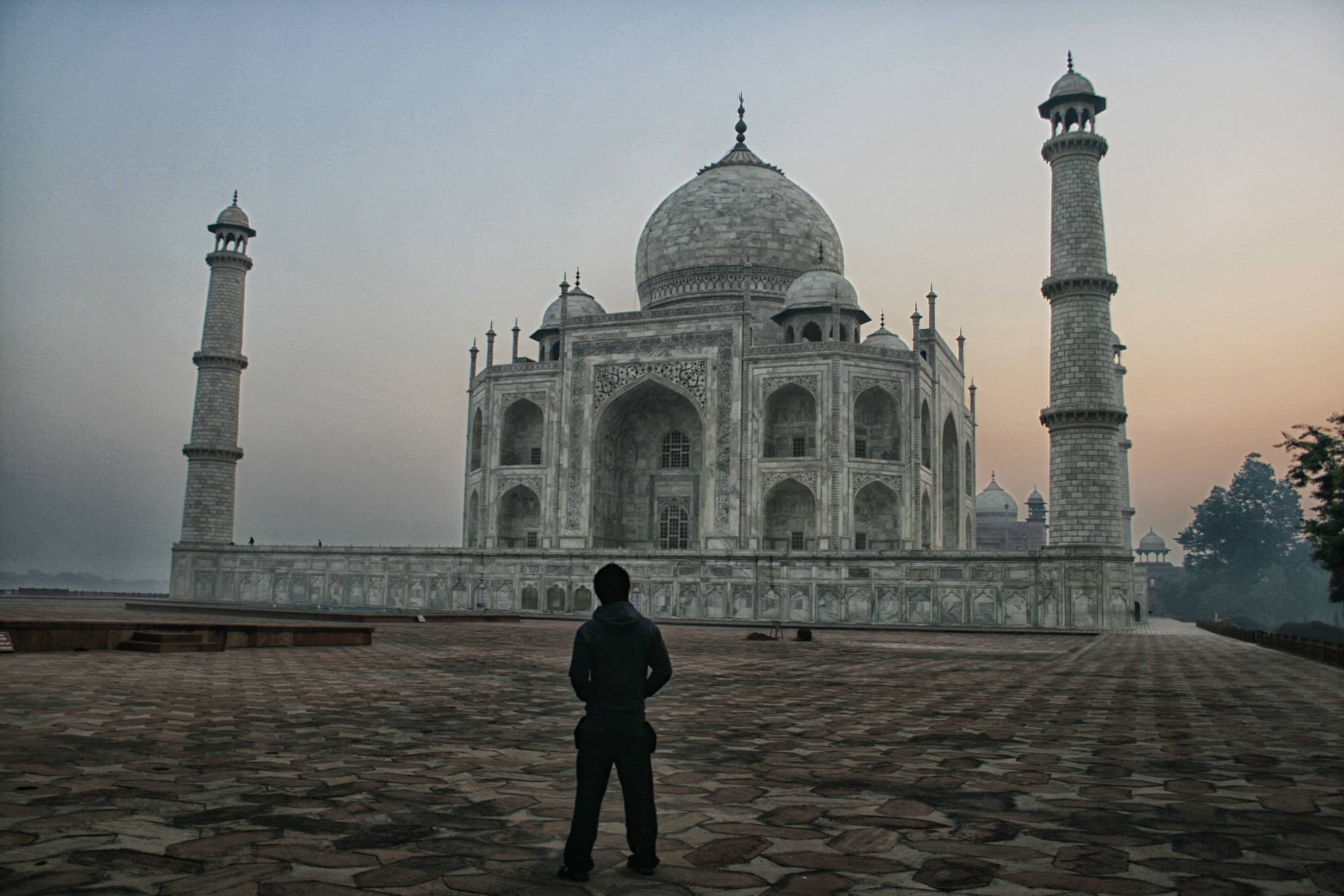[youtube id=”Ykt2f6o7-e8″ width=”620″ height=”360″]
Originating from Chicago in the early 1980’s, House music has become a global juggernaut, dominating pop music, giving birth to a huge number of sub genres, and spawning a clubbing culture which has developed into a lifestyle. The UK has been a leader in House music, with brands such as Cream and Ministry of Sound amongst the most famous promoters of House. Artists like The Chemical Brothers and Paul Oakenfold are recognised as some of the most influential and innovative acts in the scene.
However, House music in the public eye is effectively dominated by the West – America and Europe are the homes of the House. While House music has shown a fascinating development and influence on modern music in the West, in South Africa it has a far deeper meaning. In a country which went through a dramatic social change in the 90’s with the abolition of apartheid, House music has become synonymous with a cultural revolution. Similar to the rise of hip hop in the US, House music represents a culture that is breaking free from oppression and using the music as a creative outlet for expression. In fact, South Africa has become recognised as the biggest house music market per capita in the world – locally produced House is as dominant on the charts as worldwide mainstream pop acts such as Lady Gaga. SMOL of Black Motion, one of South Africa’s leading House music acts, states in a fascinating Real Scenes documentary, “House music is not just big here in SA, its life.”. Black Coffee, perhaps the most recognised name in South African House, who has also toured internationally, also believes that his home country has the biggest scene in the world.
Rolling back to 1994, when the late Nelson Mandela was sworn in as the first democratically elected president, local DJ’s like Oskido and Arthur Mafokate took house music and played around with it, creating a sub genre known as Kwaito. Similarly to how hip hop sampled classic r&b and soul music, Kwaito used slowed down house beats and added local artists and musicians. For black people who were learning to live without the shackles of apartheid, it became their method of expression – the first time that many young black South Africans were free to create their own music. It had became easier to access international music, but as Black Coffee explains in the aforementioned documentary, “We were getting music from overseas mostly, and not all of the records were making sense locally…..so I thought, if I can’t find a certain sound, I should try to make it.” Kwaito has become the cultural equivalent of hip hop in the US, not just musically but in fashion and lifestyle as well – the way popular Kwaito artists dress influences local fashion trends.
Returning to the more ‘original’ form of House music (so to speak), the South African produced tracks have a unique sound. Deep basslines are combined with synthesized repetitive rhythms, and combined with African instruments to provide a beat. Vocals are sung, either in local languages like Zulu, or in English, and have a soulful tone. Unlike the electronically produced house that dominates mainstream charts in the West, South African house has a purer musical quality to it, one that says more than just “dance to me”. As an artform, it has grown to represent a nation, but for those who just want to listen to some quality house music, its a genre that is worth spending some time to investigate – the past summer saw South African House rise popularity in the UK, the BBC naming DJ La Petite as one of the main proponents of this. To make things easier, here’s a few of the major players to check out.
Black Coffee
Born in Durban, Black Coffee has become one of the most recognisable names in South Africa, not just for his music, but also his marriage to popular actress Mbali Mlotshwa. Check out ‘Turn Me On’ featuring Bucie, or ‘Juju’, or his collaboration with UK singer Nathan Adams “Afraid Of The Dark”.
[youtube id=”_OlIBzIir6k” width=”620″ height=”360″]
Oskido
Acknowledged as a leading figure in South African house, Oskido has released a staggering 11 albums, and is in his mid 40s, but still going strong. Popular tracks are ‘I Believe’ featuring Character and Professor, and ‘Taxi’.
[youtube id=”_lTlVaGJFno” width=”620″ height=”360″]
Black Motion
The production duo of DJ Murda and SMOL has only been going a couple of years, but in that time they have become one of the premier artists in the genre. Big tracks are ‘Just Another Day’ and ‘Set Me Free’, both featuring Xoli.
[youtube id=”ks0Tsv7FNFE” width=”620″ height=”360″]
Vinny Da Vinci
Da Vinci is another influential figure in South Africa, primarily as a DJ. He formed DJ’s At Work in 1998, and then went on to become a partner in House Afrika in 2006, one of the foremost record labels. Still working the club circuit, Da Vinci is a trendsetting whose endorsement can make or break tracks. Check out his Deep House Sounds mixtapes to get a feel for his work.
[youtube id=”OQD1lsVTde8″ width=”620″ height=”360″]
Ralf Gum
One of the most famous names in House music, the German born DJ resettled in South Africa last year, in response to the growing scene. His recent album ‘Never Leaves You’ shows the influence, with bangers like ‘Take Me To My Love’ feat Monique Bingham, and ‘Linda’ featuring Oluhe.
[youtube id=”dp0fA_rDkYA” width=”620″ height=”360″]
Mafikizolo
A singing group comprised of Theo Kgosinkwe, Tebogo Madingoane, and female singer, Nhlanhla Nciza. Mafikizolo are one of the biggest artists in the Kwaito genre, recording mostly in Zulu.. Famous songs are ‘Ndihambanawe’ and ‘O Tswa Kae’.
[youtube id=”qz5ugVj1Ukg” width=”620″ height=”360″]
